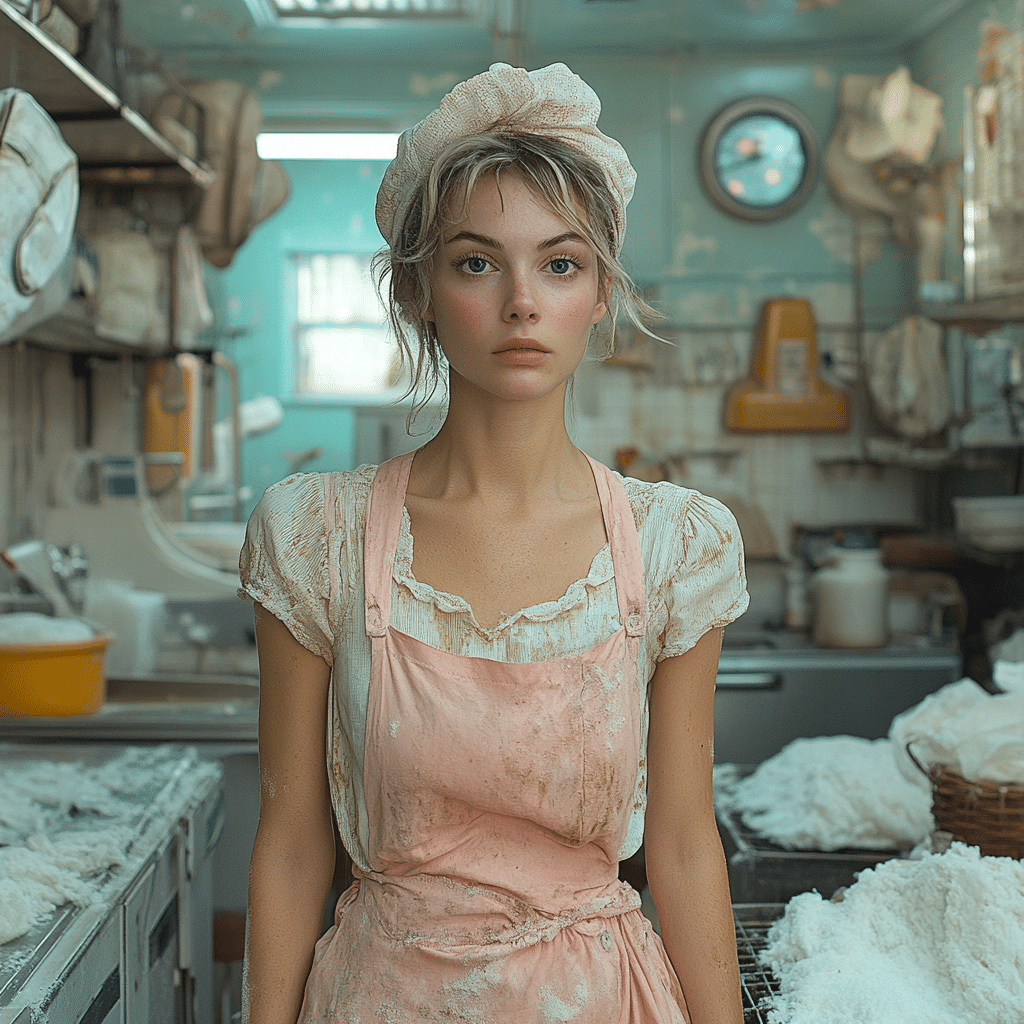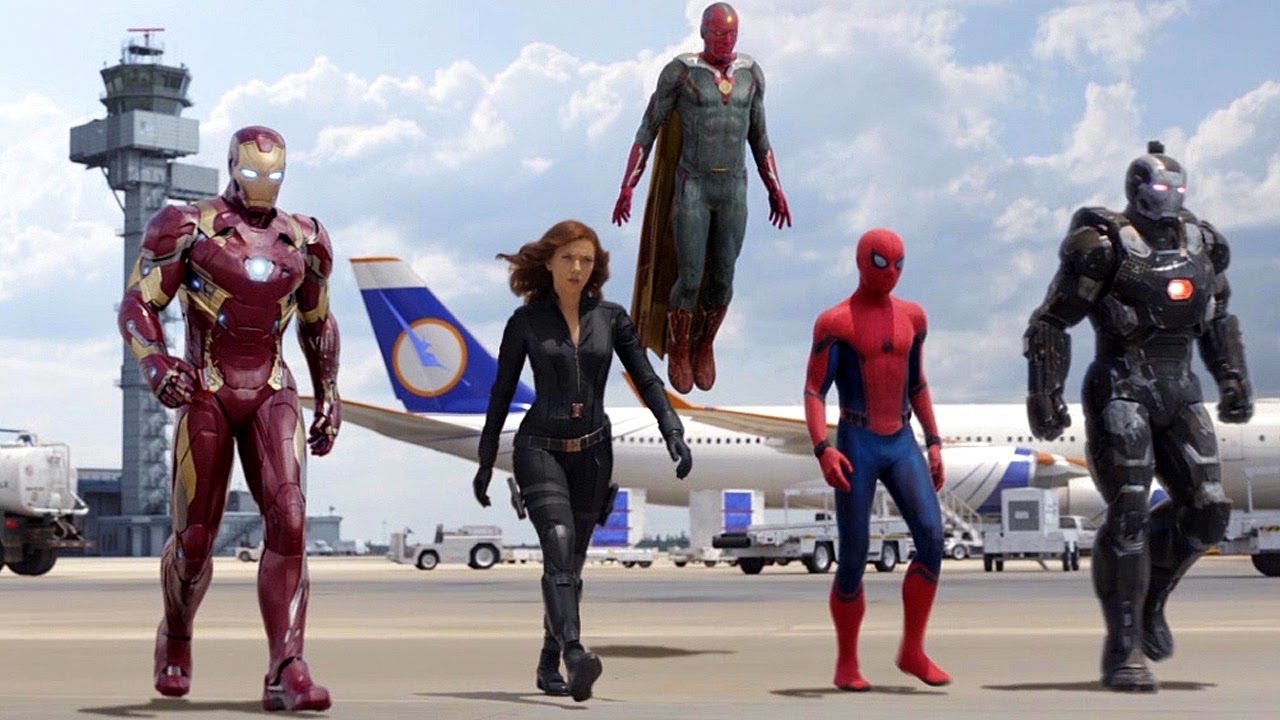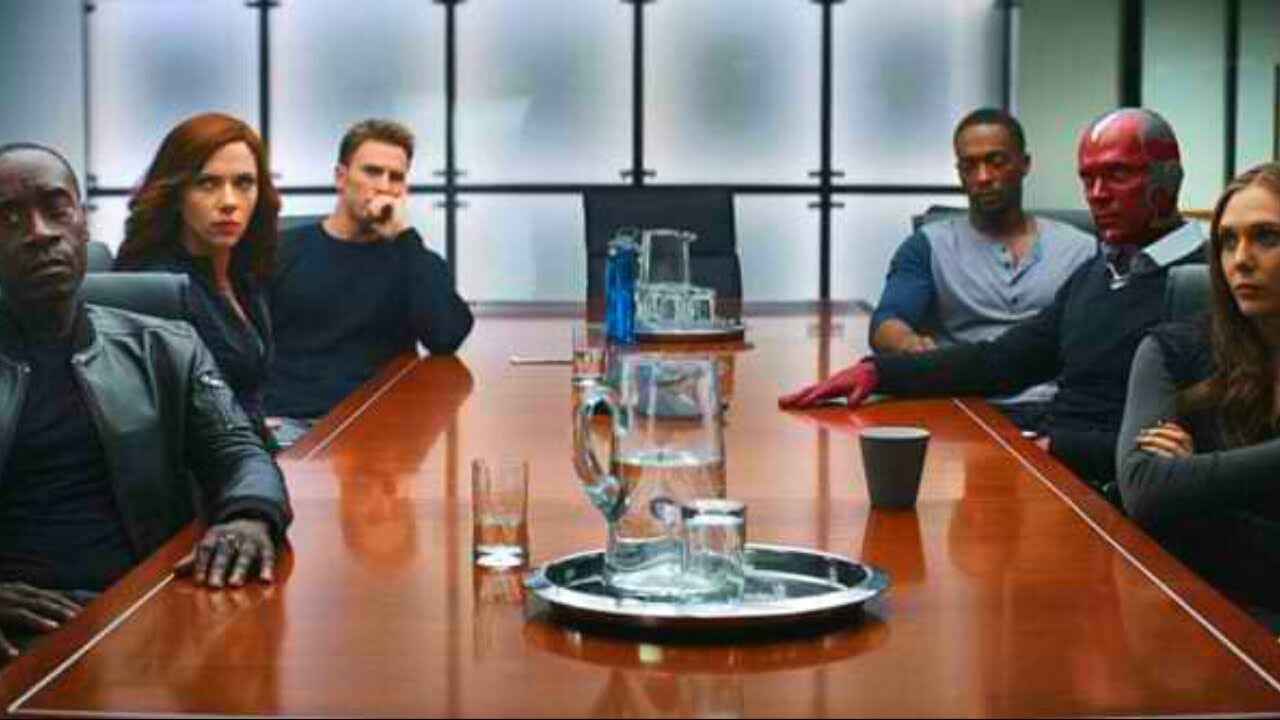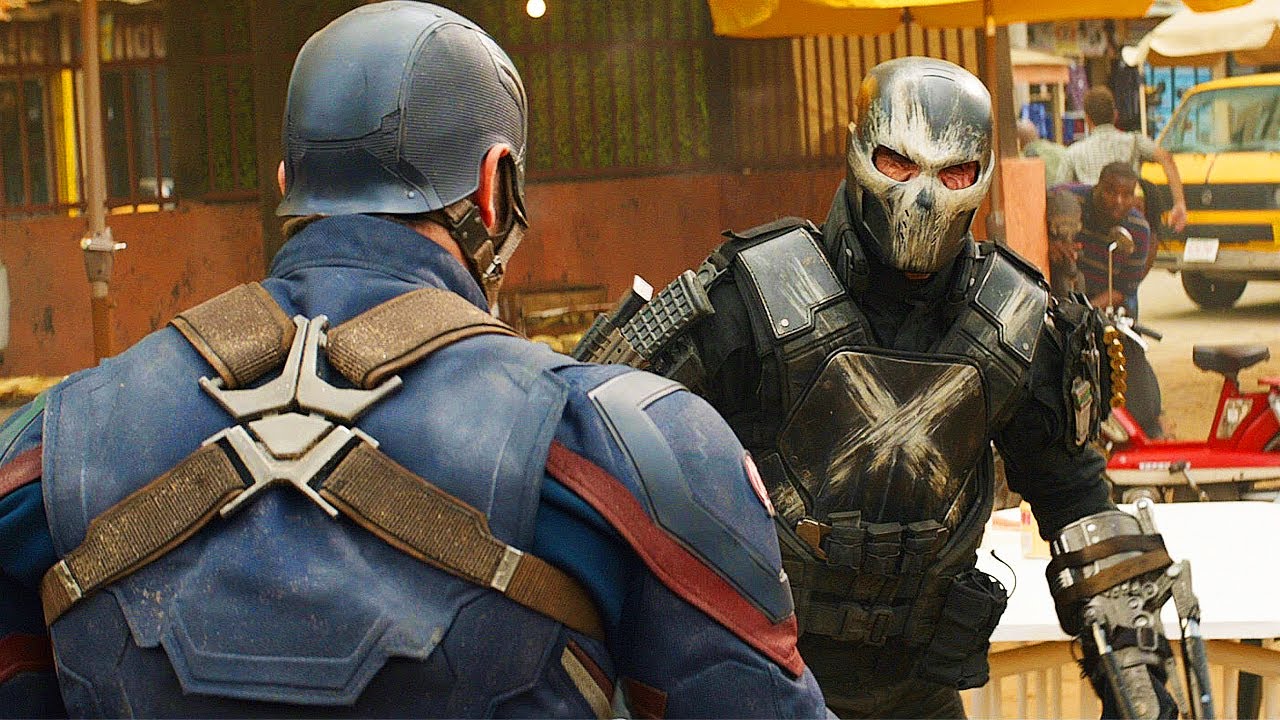In the panoply of superhero films, Captain America: Civil War rises above the fray, presenting a colossal conflict of ideologies, character arcs, and a thrilling cinematic experience. Released in 2016, this film not only broadened the Marvel Cinematic Universe (MCU) but also stirred up a profound approach to themes like heroism, governance, and personal allegiance. As we dive into the intricate layers that define Captain America: Civil War as the ultimate superhero showdown, let’s draw parallels to historical conflicts and cultural narratives that resonate with fans and movie nerds alike.
7 Key Elements that Define Captain America Civil War as the Ultimate Superhero Showdown
Central to Captain America: Civil War is the epic ideological divide between Captain America (Chris Evans) and Iron Man (Robert Downey Jr.). This rift mirrors significant historical debates, such as those during the Cold War, reflecting themes of freedom and individualism clashing against the state’s imperative for security. Think about the discussions surrounding the Patriot Act post-9/11; this film encapsulates that tension in a superhero context, becoming a conversation starter that transcends the comic book genre.
Unlike typical superhero flicks where good triumphs over evil, Civil War deftly illustrates the emotional and psychological fallout of its characters’ choices. Scarlet Witch (Elizabeth Olsen) faces her own internal struggles, while the introduction of Black Panther (Chadwick Boseman) enriches the narrative depth. Their arcs echo the themes found in films like World War Z, where the personal battles often carry more weight than the overarching conflict itself.
The film tantalizes audiences with breathtaking action sequences, reminiscent of battle films like those related to the Vietnam War. Yet, Civil War intertwines these high-octane moments with pressing moral questions, asking viewers to reflect on the costs of combat. Much like video game franchises such as Call of Duty, which glamorize warfare while sidestepping its grim realities, Captain America: Civil War challenges us to confront the implications of our heroes’ actions.
With its impeccable production design and stunning visual effects, Civil War establishes a spectacle that echoes the opulence and struggles of the Gilded Age. It thoughtfully incorporates styles that speak to the discrepancies between wealth and poverty, prompting audiences to explore how power dynamics evolve in society. This film parallels historical and contemporary struggles for justice and equity, compelling viewers to question the status quo.
The shifting alliances among the Avengers reflect conflicts akin to the allegiances forged during the American Civil War. As heroes fracture their bonds, the film explores personal loyalties against the backdrop of larger ideological battles. Much like historical moments where friendships were tested, Civil War showcases how personal relationships can become intricate webs of betrayal and allegiance.
The Sokovia Accords introduce a structured framework governing superhero participation, resonating with the contentious debates surrounding draft registrations during the Vietnam War. These conversations compel viewers to contemplate societal obligations in both everyday life and superhero escapades. The film raises significant questions about representation in governance, illustrating how laws shape individual action and heroism.
The repercussions of Captain America: Civil War have reverberated throughout subsequent MCU films, much like the enduring impacts of the Civil War itself. This exploration of loss, redemption, and reconciliation has seeped into the broader context of cinematic storytelling. By depicting how choices echo through time, the film makes a strong case for recognizing the weight of our actions.
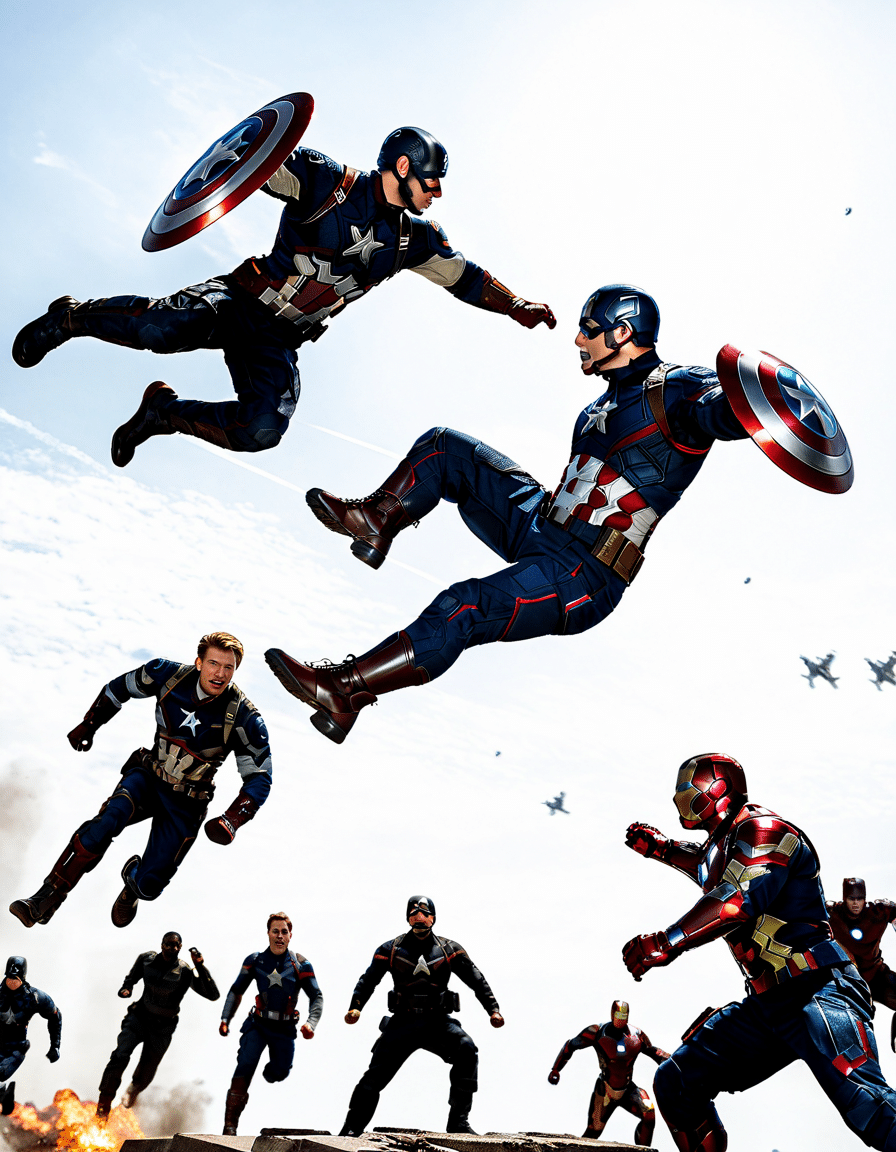
Innovative Themes of Captain America: Civil War and Its Cultural Impact
Captain America: Civil War redefined superhero storytelling by focusing on moral ambiguity and emphasizing character depth. By leveraging themes of conflict and character relationships, the film resonates culturally, showing that the superhero genre can tackle complex issues beyond mere action sequences.
Its depiction of heroes grappling with internal conflicts invites the audience to rethink traditional notions of heroism. In a world growing ever more complicated, the film inspires today’s viewers to recognize that being a hero often includes navigating moral quandaries.
Moreover, the cultural impact of Civil War persists beyond its release, influencing the portrayal of superheroes in popular culture. The storytelling approach embraced by this film offers a template for future narratives, emphasizing the importance of emotional stakes and ethical dilemmas—a sentiment echoed in shows like Law and Order: Organized Crime, where character struggles reflect societal issues.
As we look back at Captain America: Civil War, it’s clear that the ultimate superhero showdown isn’t just about punching aliens or smashing robots. It’s about the heart, the morals, and the conflicts that define us. So, the next time you revisit this film, remember, it’s not just an action-packed epic—it’s a profound examination of what it truly means to be a hero in an increasingly complex world. Don’t forget, like Captain America says, I will be there no matter What, proving that resilience and virtue never go out of style.
Captain America Civil War: Fun Trivia and Interesting Facts
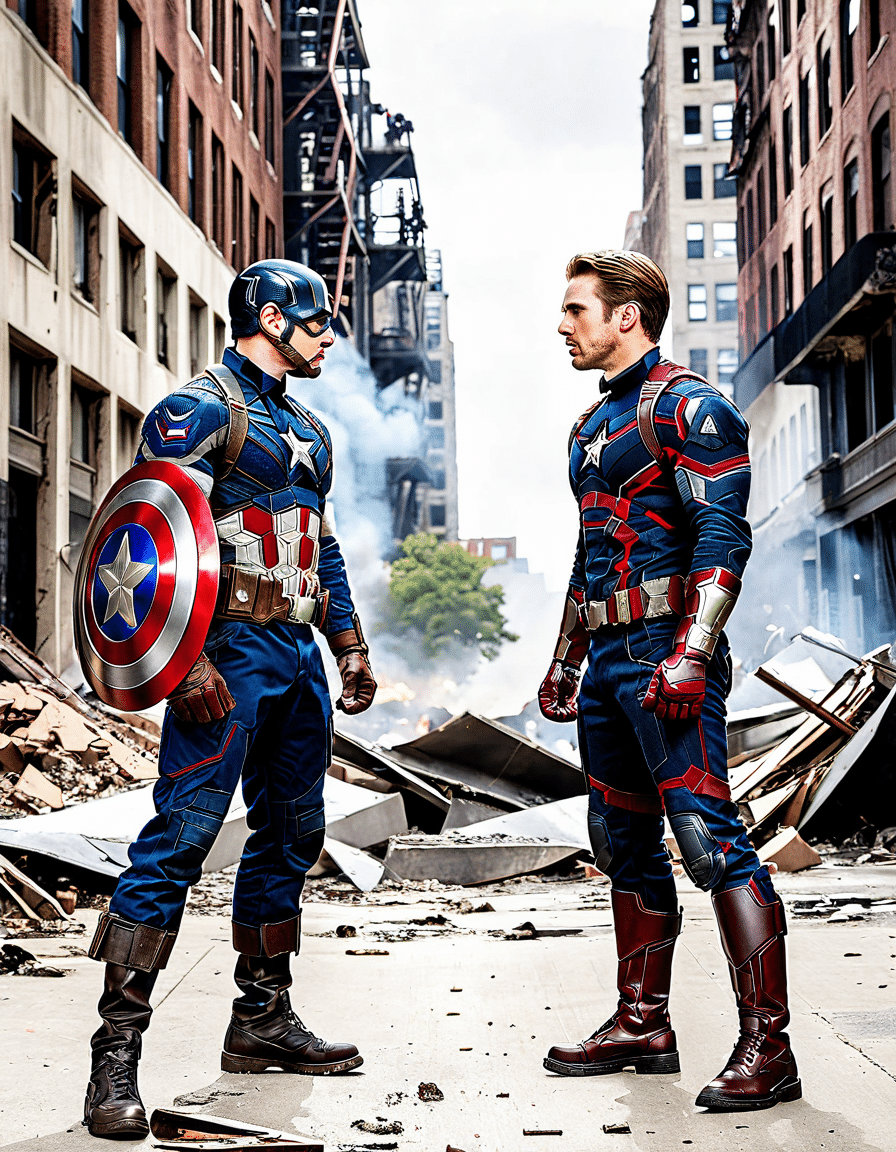
The Epic Showdown Begins
Did you know that “Captain America: Civil War” was released in 2016 and marked a pivotal moment in the Marvel Cinematic Universe? This flick pits Captain America against Iron Man in a fierce battle over superhero accountability, which left fans buzzing for days! When the movie debuted, it quickly earned over $1.1 billion worldwide. That’s some serious box office power—almost as eye-catching as Trump hair! The film’s success not only showcased superhero drama but also upped the ante for future comic book adaptations.
Iconic Performances and Surprising Cameos
The film also had a surprise cameo that left audiences cheering—Black Panther, played by Chadwick Boseman. But did you know Taraji P. Henson actually auditioned for the role of Black Widow before Scarlett Johansson was cast? What a twist that would have been! Meanwhile, if you pick up your phone to check social media during the movie, don’t be surprised— the actors shared a fun set life, with Jesse Metcalfe even rumored to have visited the set. Talk about a celebrity gathering!
Behind-the-Scenes Secrets
Speaking of surprises, “Captain America: Civil War” brings multiple guest appearances; not just superheroes but various personalities. During the filming, the cast often relaxed on set, simulating their downtime with the same charm found in shows like “Law and Order: Organized Crime.” And the training and choreography to prepare for action scenes were intense; stunt crews worked so hard they’d put office chair mats to shame! The attention to detail is why the action sequences resonate so well, captivating the audience with thrilling excitement. Plus, the beautifully crafted scenes paid homage to classic comic book moments, much like the emotional resonance found in fan-favorite episodes of “Tracker.
So, whether you’re a die-hard Marvel fan or just tuning in for the explosive action, “Captain America: Civil War” is a rich cinematic experience packed with memorable stakes, impressive performances, and fun trivia gems. Who knows what other surprises await in the Marvel Universe, but one thing’s for sure: the stakes are high, and we’re all here for the ride!
